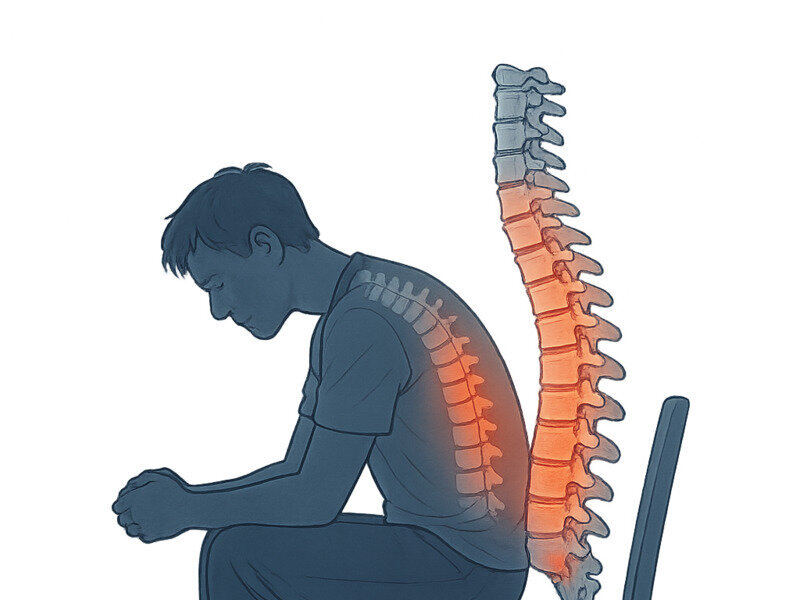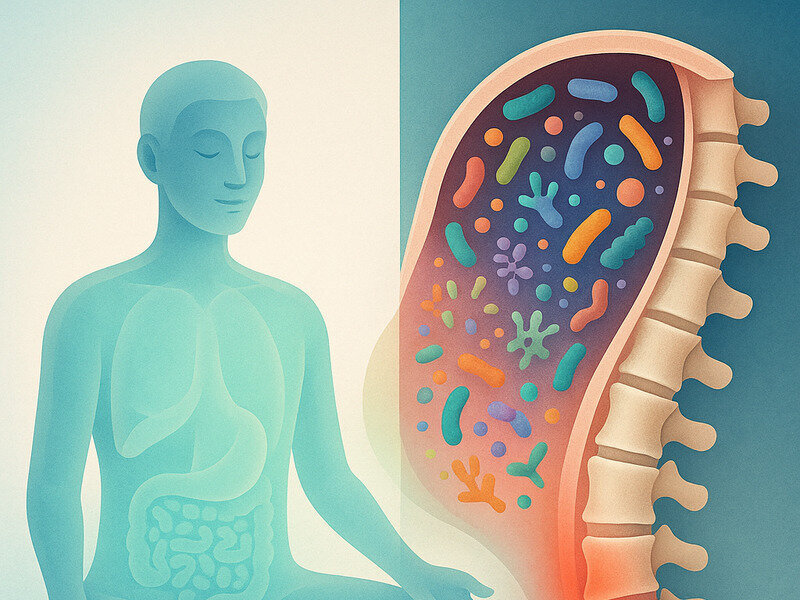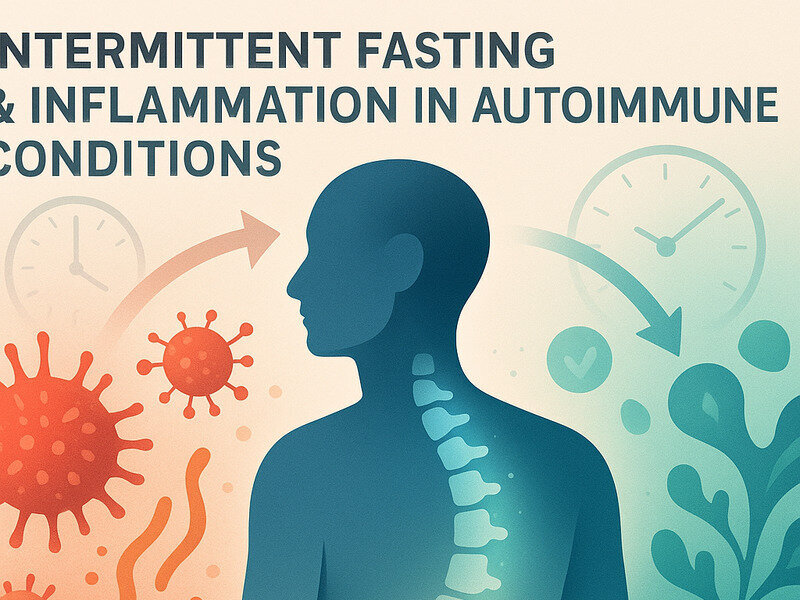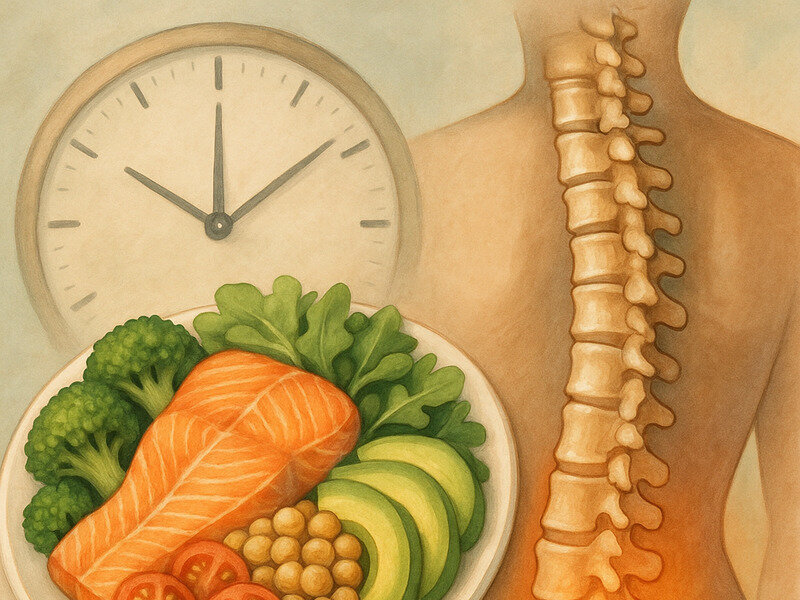
Social isolation, a condition characterized by a lack of contact with others, has been increasingly recognized as a significant factor influencing health outcomes. In particular, its impact on the severity of flares in chronic conditions such as rheumatoid arthritis, lupus, and inflammatory bowel disease is gaining attention. Understanding how social isolation contributes to flare severity involves exploring the physiological and psychological mechanisms at play, as well as considering the broader implications for patient management and public health.
Chronic conditions often involve periods of symptom exacerbation known as flares. These flares can vary in intensity and duration, significantly affecting a person's quality of life. While numerous factors can trigger or worsen flares, including stress, diet, and medication adherence, social isolation is emerging as a critical element. The connection between social isolation and flare severity is multifaceted, involving both direct and indirect pathways.
Understanding Social Isolation
Social isolation refers to the objective state of having minimal contact with others. It is distinct from loneliness, which is the subjective feel...
Premium preview
Premium members unlock the full article—complete step-by-step routines, deeper coaching notes, and exclusive frameworks.


